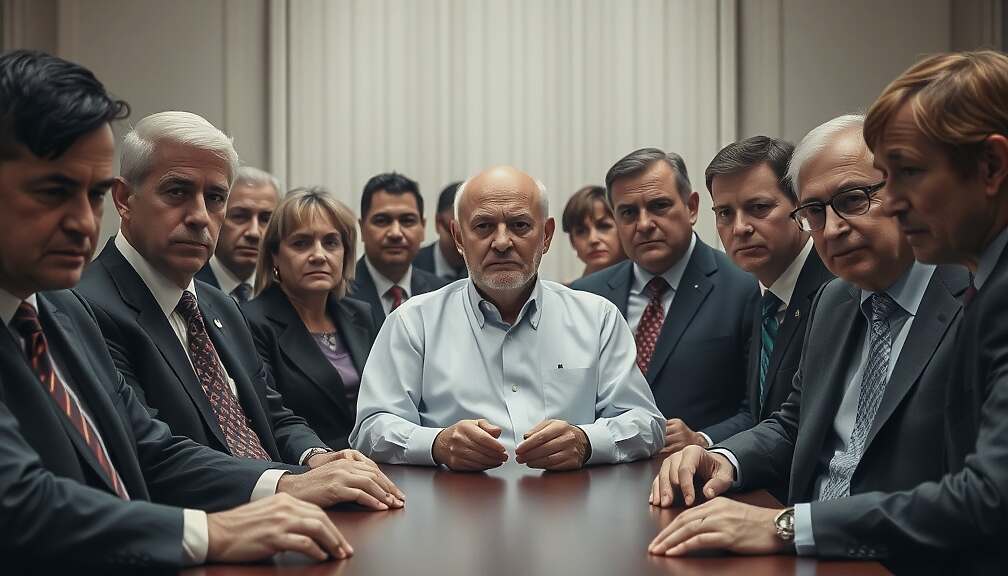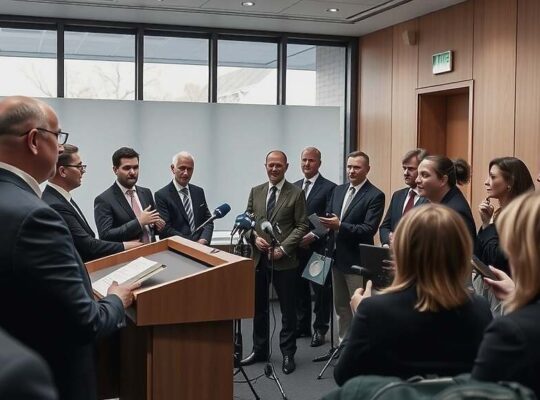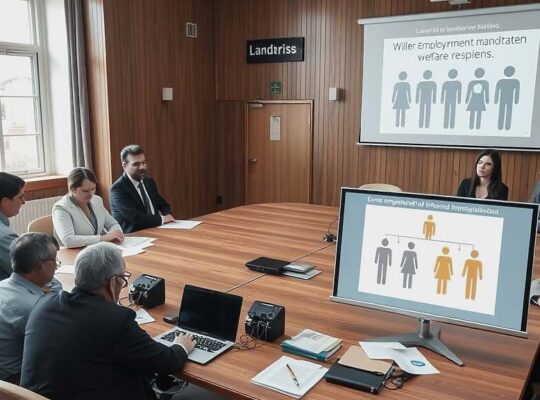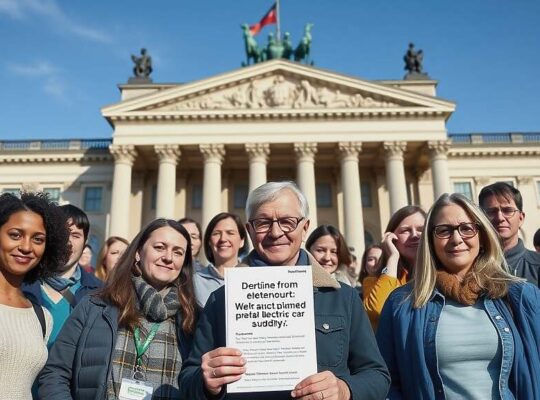Negotiations are underway within the CDU/CSU parliamentary group, signaling a potential resolution to the escalating dispute with the Junge Union (JU), the youth wing of the Christian Democratic Union, concerning proposed pension reforms. The disagreement, centering on the financial implications and long-term sustainability of the coalition’s pension package, threatens to overshadow the JU’s annual Germany Day event commencing this Friday in Rust.
Steffen Bilger, parliamentary secretary for the CDU, indicated a tentative agreement has been reached regarding the level of pension benefits until 2031 and the implementation of a “mothers’ pension” crucial elements being contested by the JU. However, Bilger stressed that further discussions remain necessary to address fundamental questions extending beyond these specifics, suggesting the establishment of a dedicated pension commission to investigate and propose alternative strategies.
The CDU’s push for compromise highlights the generational tensions within the party and the wider political landscape. Bilger urged the JU to maintain a “scrutinizing and critical perspective, in the spirit of intergenerational fairness” subtly acknowledging the youth wing’s concerns about the long-term fiscal burden of the current proposals. His remarks implicitly challenge the JU to temper its criticisms, framing them as an obligation to future generations.
The JU has been particularly vocal in its opposition to the coalition’s pension package’s staggering costs, accusing the government of unsustainable fiscal policies. All eyes will be on Chancellor Friedrich Merz’s address on Saturday at the Germany Day event, where he is expected to attempt to bridge the divide and offer a more detailed explanation of the CDU’s rationale. The successful navigation of this internal conflict will be critical for presenting a unified front and avoiding further destabilization of the government’s agenda as it faces mounting economic pressures. Whether a genuine consensus can be forged remains to be seen, but the current climate underscores a deeper questioning of the CDU’s long-term economic strategy and its appeal to younger voters.












